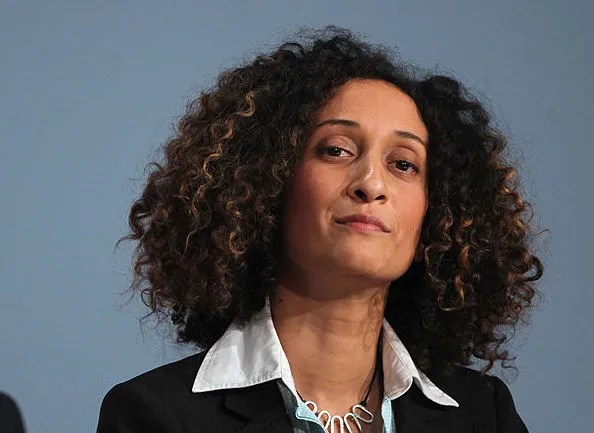One of the main accusations levelled at the trans movement is that the tidal wave of youngsters claiming to be gender dysphoric in recent years is a form of social contagion, especially among rich, progressive households.
Katharine Birbalsingh, the former government social mobility tsar and head of Michaela Community School in northwest London, seems to agree that it can be understood as a social phenomenon. And she has her own particular theory. ‘Our society is such that victimhood is admired’, she told the Standard yesterday, and one reason a disproportionate number of those drawn to the trans movement are ‘white and privileged’ is that it offers them ‘a victimhood narrative to embrace’, one denied them on account of their wealth and skin colour.
There can be little doubt that victimhood has an inherent appeal today
There can be little doubt that victimhood has an inherent appeal today. A victim culture has long been observed in western society, one which respects and admires those who deem themselves downtrodden, oppressed and wronged, and a society which accords higher moral worth and value to the opinions of the victim.

Britain’s best politics newsletters
You get two free articles each week when you sign up to The Spectator’s emails.
Already a subscriber? Log in






Comments
Join the debate for just $5 for 3 months
Be part of the conversation with other Spectator readers by getting your first three months for $5.
UNLOCK ACCESS Just $5 for 3 monthsAlready a subscriber? Log in